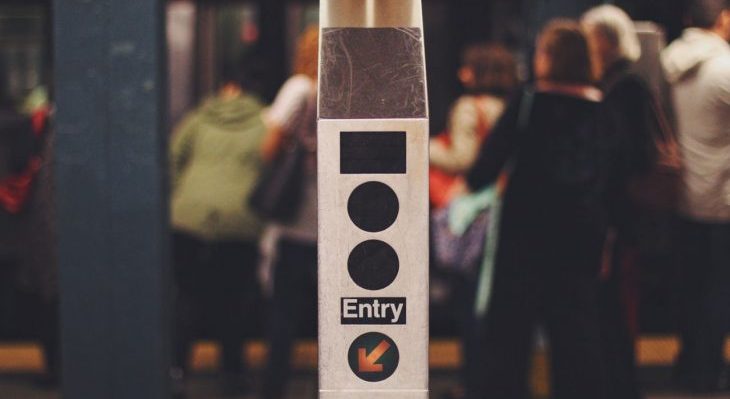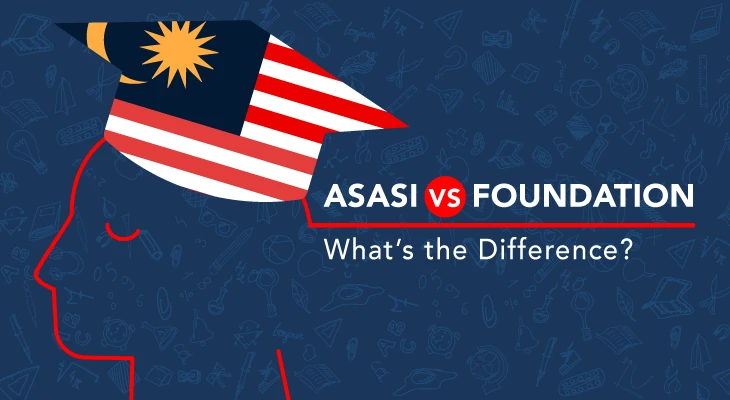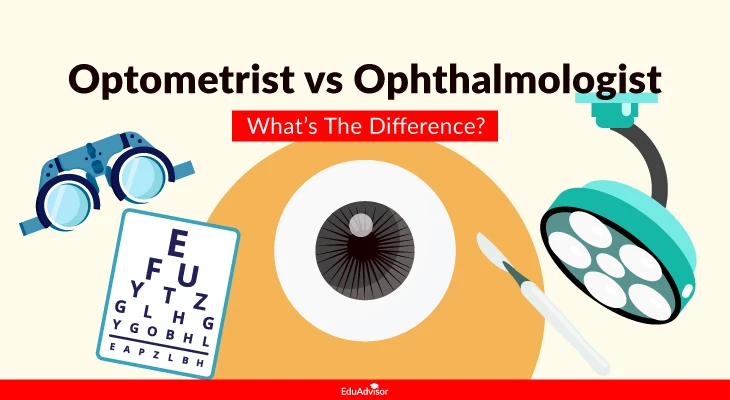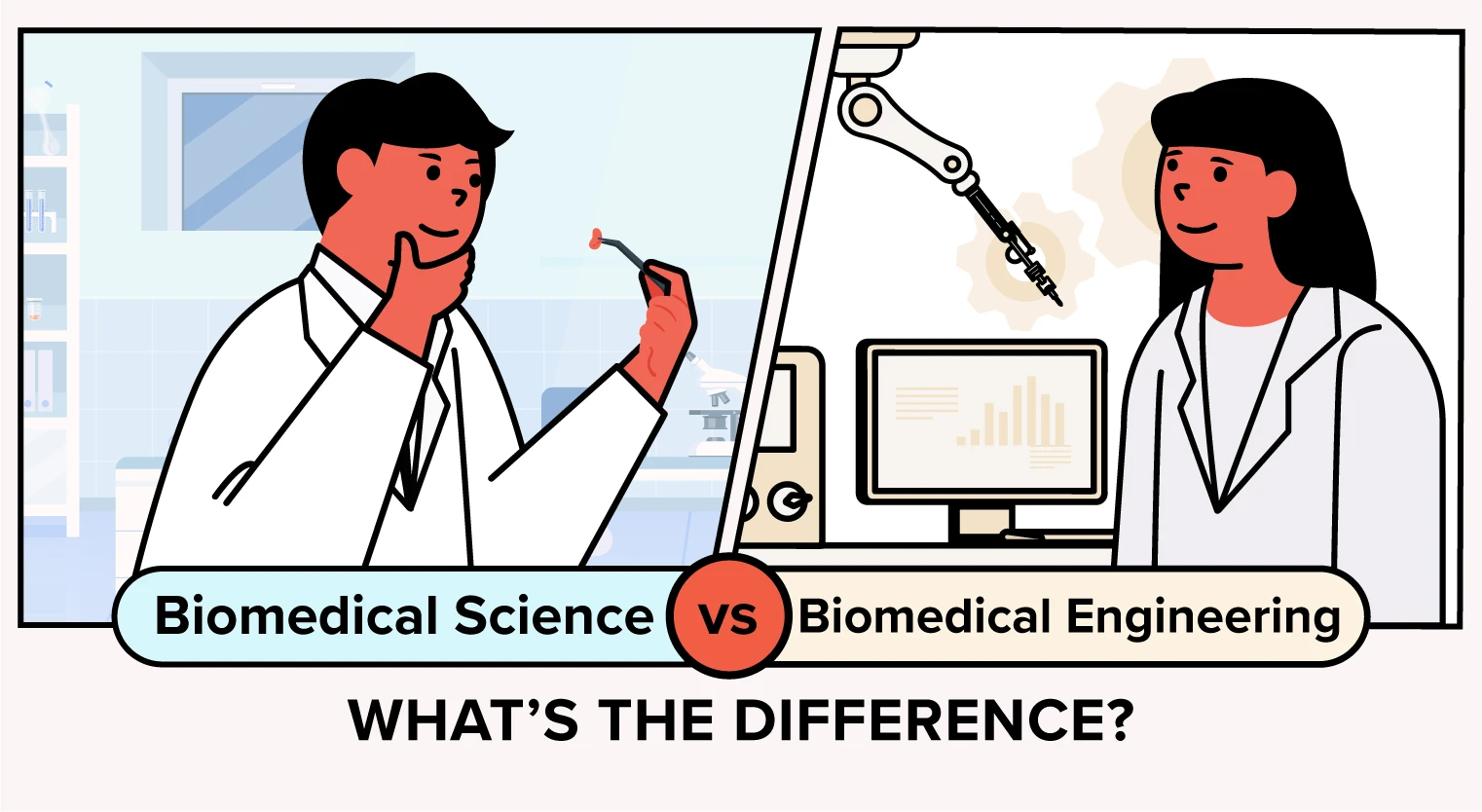Diploma or Pre-University Course: 6 Crucial Points You Need to Think About
Both Pre-University and Diploma courses set you up for Degree studies in university. But how are they different? Learn more here.
Updated 19 Jan 2017

Transition programmes that prepare you for Degrees are often called Pre-University programmes. Some popular examples of Pre-University programmes are A-Level, Australian Matriculation, American Degree Program (ADP), STPM and Foundation courses.
Since Diploma is one of the many programmes you can choose to pursue right after SPM, it serves as a preparatory course for university too!
But how different are Diplomas compared to Pre-University courses? Is there an advantage to taking a Diploma, given that you can choose to pursue a Degree or join the workforce once you've completed the course?
We pit these two qualifications against each other and find out what sets them apart.
#1. What is the entry requirement?

Diploma:
Minimum 3 credits (C and above) at SPM level or equivalent.
Pre-University:
Typically 5 credits (C and above) at SPM level or equivalent.
What should you consider?
Did you obtain 5 credits in your SPM?
If so, you’re free to choose either a Diploma or a Pre-University course, where both act as legit pathways to a Degree.
Otherwise, Diplomas act as a safety net for students who did not obtain sufficient credits (5Cs and above) in their SPM or an equivalent qualification.
That being said, do note that certain Degree courses still require you to score well in certain subjects in your SPM.
For example, you may still pursue a Diploma in Pharmacy with 3 credits in SPM, including a Science subject. However, you will still need at least 5 credits in SPM (in Biology, Chemistry, Physics, Math and one other subject) to pursue a Pharmacy Degree, even if you’ve performed well in your Diploma in Pharmacy.
Therefore, it’s crucial to do your best in SPM and perform the necessary research about your desired course beforehand.
#2. What is the duration of your study?

Diploma:
Usually 2 – 3 years.
Pre-University:
Usually 1 – 2 years.
What should you consider?
Are you in a rush to complete your studies and start working?
Diploma courses allow you to enter the workforce quickly, with a course duration of 2 – 3 years. They equip you with the necessary skills and knowledge to be a valuable addition to the working place.
In comparison, if you opt for a Pre-University programme, you will need to further your studies to a Degree before you can enter the workforce. This extends your total study duration to about 4 – 5 years. However, the difference is that you will be getting a qualification that’s higher than a Diploma.
Having a longer study duration isn’t all that bad either. You get to enjoy your life as a student longer (e.g. hang out with friends, enjoy student discounts, etc) and learn more extensively about your field of study.

#3. What is your pathway of study?

Diploma:
You can join the workforce earlier or upgrade yourself with a relevant Degree.
Pre-University:
The only way forward is onwards to a Degree.
What should you consider?
Are you still on the fence whether to continue studying or start working?
If you are, then taking a Diploma can give you peace of mind. It allows you to join the workforce upon completion of your studies and also provides you with the option to a Degree if you want to.
Do note, however, that certain fields and careers require a Degree qualification, so taking a Pre-University course makes better sense.
For example, those aspiring to be medical doctors will have to pursue a recognised Medical Degree to gain professional recognition. Likewise, those planning for a career as a lawyer will need to take a recognised Law Degree too!
Also, Degree qualifications are held in higher regard by employers. In addition, Degree graduates typically have wider career options in the job market.
Therefore, it is important that you perform the relevant research first before taking the plunge into a Diploma course.
Apply for university with EduAdvisor
Secure scholarships and more when you apply to any of our 100+ partner universities.
Start now#4. Will you be eligible for PTPTN loan?

Diploma:
Eligible for PTPTN loan.
Pre-University:
Not eligible for PTPTN loan except for Foundation courses in selected institutions.
What should you consider?
Do you have sufficient financial resources for your education?
There is a wide variety of scholarship options available these days. But even so, not everyone can get a scholarship.
With rising competition for scholarships and a hike in education costs, many may still find themselves short on funds even with rebates and partial fee waivers given out by colleges and universities.
That’s why PTPTN can be a great financial relief for thousands of students every year.
The only problem? Only recognised Diploma, Degree and Postgraduate qualifications are eligible for PTPTN.
#5. Have you decided on which Degree you want to study?

Diploma:
Your Degree options are limited to the fields that are related to your Diploma.
Pre-University:
Keeps your Degree options open.
What should you consider?
Have you decided what you want to pursue for Degree already?
This is because Diploma programmes are typically focused on a particular field of study, such as a Diploma in Business, which focuses on business studies or a Diploma in Computer Science, where you will mainly be studying about computers.
This simply means, if you decide to pursue a Degree after completing a Diploma, your options for a Degree will be limited to the fields that are related to your Diploma. For example, a Business Diploma qualification will limit you to business-related Degrees (e.g. Finance, Accounting or Business).
On the other hand, Pre-University courses usually cover a wider range of content. This provides you with wider options for your Degree later on, depending on which stream (Science or Arts) you’re in.

#6. What will you be studying?

Diploma:
Emphasis on industrial knowledge and practical hands-on skills.
Pre-University:
Focus on theoretical knowledge to prepare students for relevant Degrees.
What should you consider?
Are you aiming to be a specialist in your field of study?
Diploma may focus on drilling you with industry-ready knowledge and the relevant hands-on skills, but you may find yourself lacking in understanding when it comes to theoretical concepts and principles in your field of study.
This is because Diploma programmes are designed to prep you for the working world in a short amount of time, which may result in a compromise of content and thorough learning.
Of course, there are fields that may place more importance on working experience and practical skills such as Mass Communication, Business and Automotive Technology. But there are also careers that require a greater understanding of subject matter such as Bioscience, Engineering and Psychology.
That is why Pre-University programmes tend to focus more on preparatory knowledge to prepare you well for more in-depth learning in a relevant Degree later on.
Even though there are some obvious differences between Diploma and Pre-University courses, all of them are passports for you to reach greater heights in both your education and your career.
Having said that, not all of them are suitable for you.
The right course is one that meets your preferences, goals and needs. So do the necessary research to make a more informed decision about your college education.






